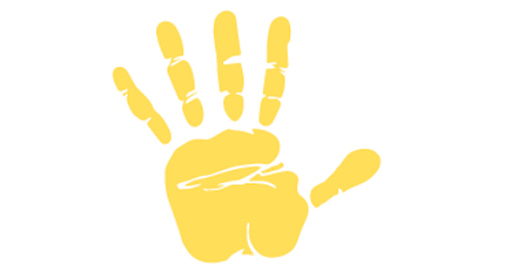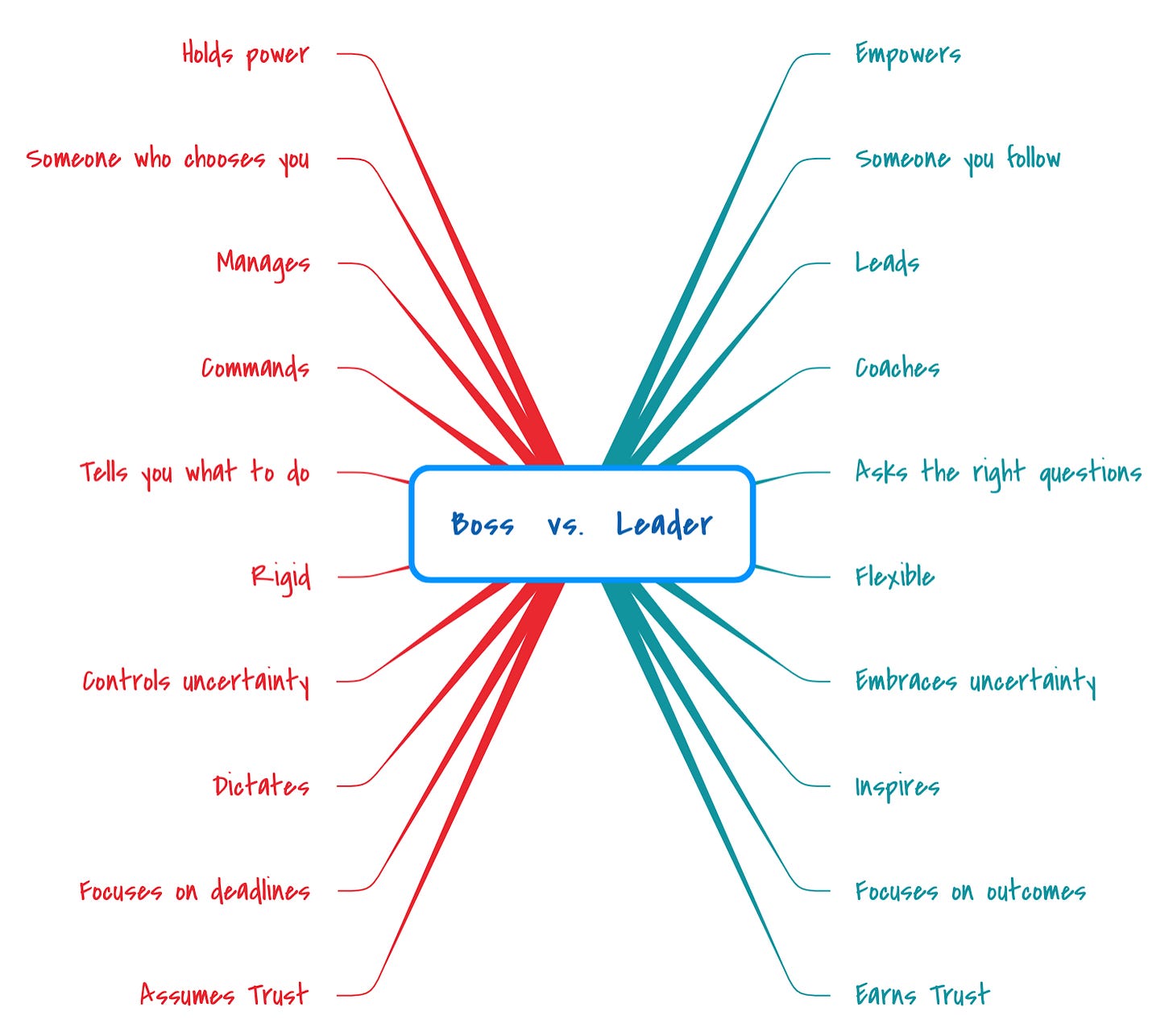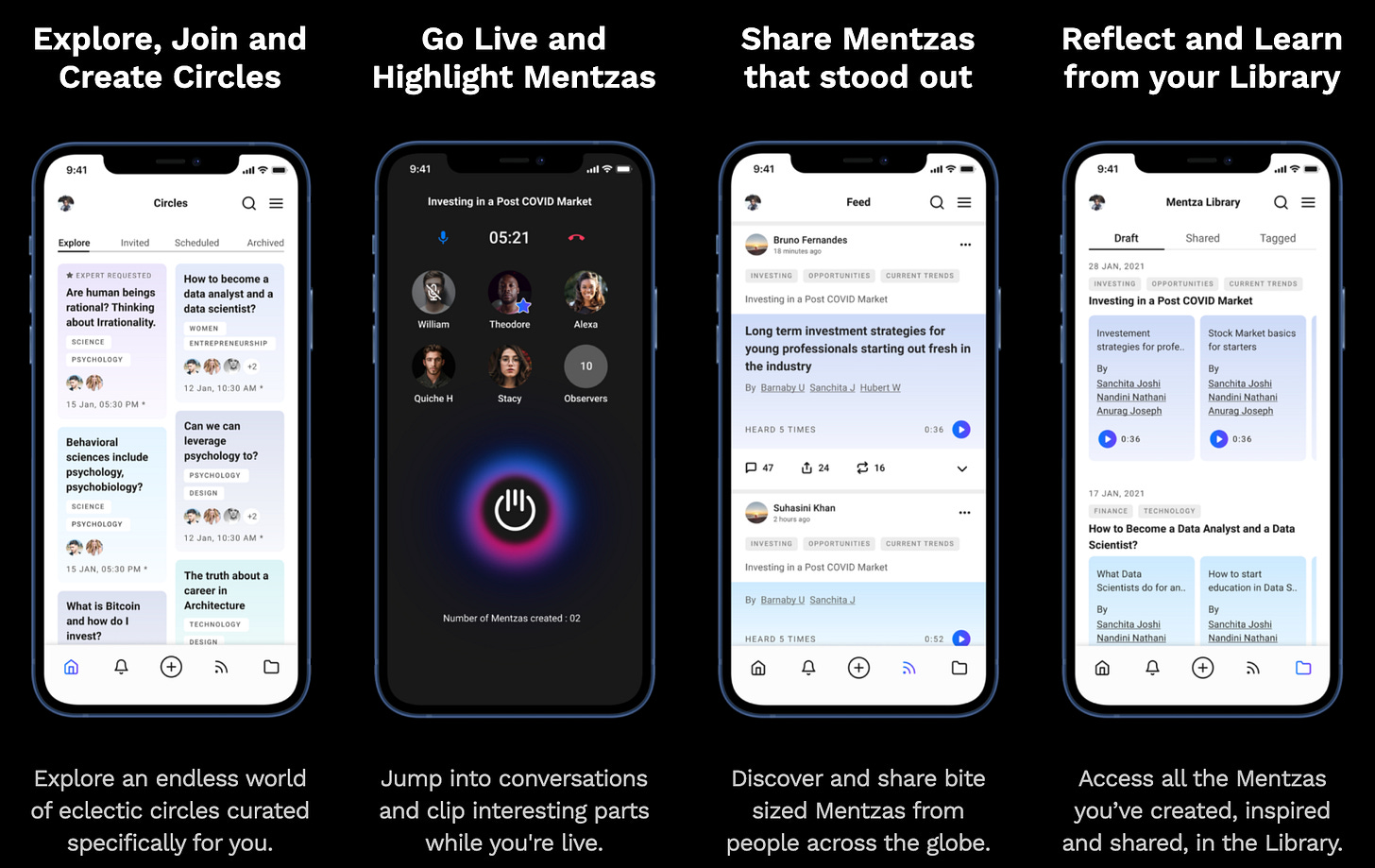Bosses vs. Leaders, Dealing with Feelings, Audio Social Media, and culture shapers in organizations
The High Five - Edition #34
Hi friends,
Welcome to the 34th edition of ‘The High Five’. If you have subscribed to this newsletter recently, I’d like to once again thank you for trusting me with your email ID. I really hope the articles I am curating here make a worthwhile read for you.
I haven’t been able to send the newsletter in the planned frequency over the last month. That’s because I didn’t get a chance to dive into/read up some of the links I saved, to check if anything is interesting to unpack and takeaway from. If I do not have anything to share over a weekend, I skip sending the newsletter. Because - I do not want to send just about anything, for the sake of maintaining the frequency.
For this week, here are 5 interesting things I wanted to share:
Leadership: 10 Ways Leaders and Bosses are different
Managing Self: What to do with your feelings?
A New Social Media platform: Mentza
Quote about what shapes culture in organizations
A question about productivity apps
Leadership: 10 Ways Leaders and Bosses are Different
If you are managing a team, are you a boss? or a leader? It doesn’t matter what you think you are. What’s more important is how your team views you? There is a ton of literature published, especially in the post-2000 era, about how humanistic leadership is an indicator for long-term success. Skills and attributes like ‘listening skills’ and ‘empathy’ have entered the DNA of ideal leadership. This post by Toby Sinclair captures 10 differences between a boss and a leader. While the full article provides more details with good examples and quotes, here is a visual summary of those 10 differences.
Did you ever come across genuine leaders, who inspired you, based on these attributes? What did you pick up from them, in a way that helped/is helping you become a better leader and not a boss? Please do share in the comments.
Managing self: What to do with your feelings?
In his latest newsletter edition, Austin Kleon shares some inspiring perspectives about channelizing our feelings and emotions. Particularly emotions like jealousy, fear or feelings like ‘imposter’s syndrome’ (about which I already shared some posts here and here).
Feelings and emotions are a form of information. The question is what you do with information. - Austin Kleon
Austin bats for reframing how we need to look at those thoughts and what best we can do to pivot them in a way that can work for us instead of eating us. Like he reframes imposter syndrome as ‘extreme humility’. Austin shares that he too experiences some negative feelings about few things but he uses those feelings to articulate the flipside of the positive ideas that can cancel the negative feelings out. He shares an example of his books (I highly recommend):
He ends the post by quoting a New York Times journalist, whose perspective on anger fits neatly into his recommendation.
Anger is a contagious energy that jumps quickly from one person to the next. It will seize your mind and body as its host. If allowed to explode, it will hurt others. If allowed to implode, it will hurt you. I had to learn early how to transmute it for the sake of my own survival. I found that it can be the source of a powerful alchemy. If we are up to the task, it could help us create something good together. - Sarah Smarsh
New Social Media Tools: Mentza - An Audio Social Media Platform
You would have already heard about Clubhouse. You would have gotten an invite and even tried some of the conversation rooms there. Audio-based social media platforms are a new thing, competing alongside the world of podcasts. Mentza is another platform in the same category and I prefer this over Clubhouse.
Five things about Mentza that worked better for me are:
Time cap: The conversations are capped to a maximum of 20mins-25mins. So speakers and listeners join in, unpack a topic, share perspectives, and close the conversation to move on. Conversations on Clubhouse, in comparison, meander a lot, for over 1 hour or so. A ticking clock helps everyone stay focused on the conversation/topic.
Learning Centric: Most of the Mentza Circles (as they are called) are anchored on some learning, on any topic - from psychology to even wine.
Recordings: Mentza session recordings are available for listening - like podcasts.
Idea cature: Mentza also has a fantastic feature to record some parts of the conversation that you really like - a way to capture some ideas.
Audio Portfolio: Mentza also introduced a new concept to make your own “audio portfolio”, an overview of all the sessions you attended, spoke in, contributed to. I think it is an interesting way to understand a professional’s interest areas, beyond the standard LinkedIn profiles that we usually check out.
If you are someone who’d like to listen to or participate in conversations that are centered around growth, career, finance, psychology, books, art, etc., you might find most of the Mentza Circles interesting. The app is available on both iOS and Android platforms.
A quote that resonated with me this week: Culture is shaped by who you hire, who you fire, who you reward, and who you reprimand.
A question for you: Which is your most favourite productivity app? Let me know in the comments.
If you liked the curations of this week, please share ‘The High Five’ with a friend who might like it too. Until next time.










I have been using Forest for 6 months now and find it useful:)